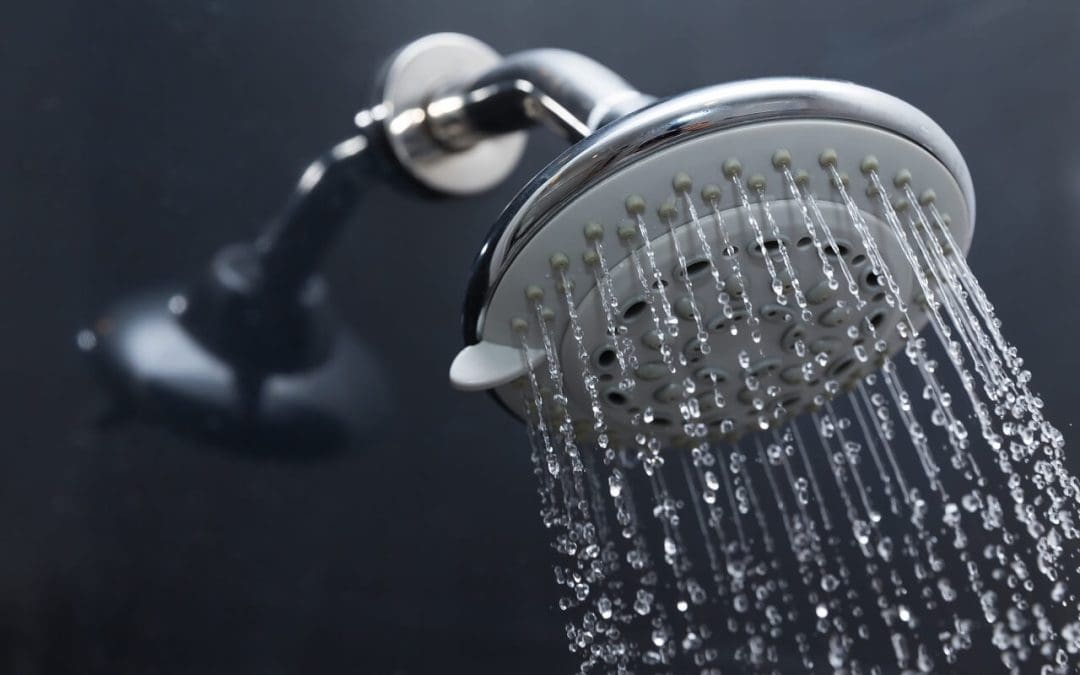Summer often increases water usage due to gardening, lawn maintenance, and outdoor activities. However, with mindful practices and a few adjustments, you’ll reduce water consumption, benefiting the environment and your wallet. Read on to learn how to conserve water during the summer.
Understand Your Water Usage to Conserve Water During the Summer
The first step in conserving water is understanding where it goes. Typically, the highest water usage in homes comes from outdoor watering, bathroom use, laundry, and kitchen use. Identify these areas to implement targeted conservation strategies.
Efficient Lawn and Garden Watering
One of the most effective ways to conserve water is by optimizing how you water your lawn and garden. Watering in the early morning or late evening reduces evaporation so that more water reaches the roots of your plants. Use drip irrigation systems, which deliver water directly to the base of plants and minimize waste.
Moreover, planting drought-resistant plants makes a difference. Native plants are adapted to local climate conditions and require less water. Mulching your garden beds also helps retain soil moisture, reducing the need for frequent watering.
Conserve Water During the Summer With Smart Landscaping Choices
Xeriscaping is a landscaping method that reduces the need for irrigation by using drought-tolerant plants, reducing lawn areas, and incorporating features like gravel and rocks. This approach conserves water and adds a unique aesthetic to your yard.
Another effective practice is grouping plants with similar water needs together. This allows each plant to receive the appropriate amount without overuse.
Indoor Water-Saving Tips
Simple changes save a lot of water inside your home. Fixing leaks is an important step, as even small drips waste gallons of water over time. Regularly check your faucets, toilets, and pipes for signs of leakage and address them promptly.
Installing water-efficient fixtures also helps. Low-flow showerheads, faucets, and toilets use less water than their traditional counterparts. Take shorter showers and turn off the tap while brushing your teeth to save a considerable amount of water.
Kitchen and Laundry Water Conservation
In the kitchen, using a dishwasher is more water-efficient than hand washing, provided you run it with full loads. If you prefer hand washing, fill the sink rather than letting the water run continuously.
For laundry, only wash full loads and adjust the water level settings to match the size of the load. High-efficiency washing machines use less water and energy, making them a smart investment for long-term savings.
Outdoor Activities and Water Use
During the summer, outdoor activities contribute to increased water use. Use a broom instead of a hose to clean driveways and sidewalks. When washing your car, use a bucket and sponge rather than a continuous stream from the hose, or visit a commercial car wash that recycles water.
Rainwater Harvesting
Collecting rainwater is an excellent way to conserve water for outdoor use. Rain barrels capture and store rainwater from your roof, which can then be used for watering your garden or lawn. This practice will conserve water and reduce your utility bill.
These effective water-saving strategies will save you money and help the planet during summer.
Conserve Water During the Summer FAQs
How can I tell if my home has hidden water leaks?
To detect hidden leaks, monitor your water meter before and after a two-hour period when no water is being used. If the meter changes, you likely have a leak. Check for unexplained damp spots or mold in your home, indicating leaks.
How often should I water my lawn during the summer?
It is best to water your lawn deeply and infrequently, typically 1-2 times per week. This encourages deep root growth and makes your lawn more drought-resistant. Aim for about 1 inch of water per week, including rainfall.
What are some signs that my plants are overwatered?
Signs of overwatering include yellowing leaves, wilting despite wet soil, and root rot. If you notice these symptoms, make sure your soil has good drainage and adjust your watering schedule.
Can greywater be used for irrigation, and is it safe?
Yes, greywater (wastewater from sinks, showers, and laundry) can be used for irrigation, but it should be free of harsh chemicals and detergents. It’s generally safe for watering non-edible plants and lawns. Some areas have regulations on greywater use, so check local guidelines.
How can I reduce water usage in my swimming pool?
To reduce water usage in your swimming pool, use a pool cover to minimize evaporation, check for and repair leaks, and maintain proper chemical levels to reduce the need for frequent refills. Lower the water level to keep water from splashing out.
SC Property Inspections provides home inspections in the Lowcountry of South Carolina. Contact us to request our services.

